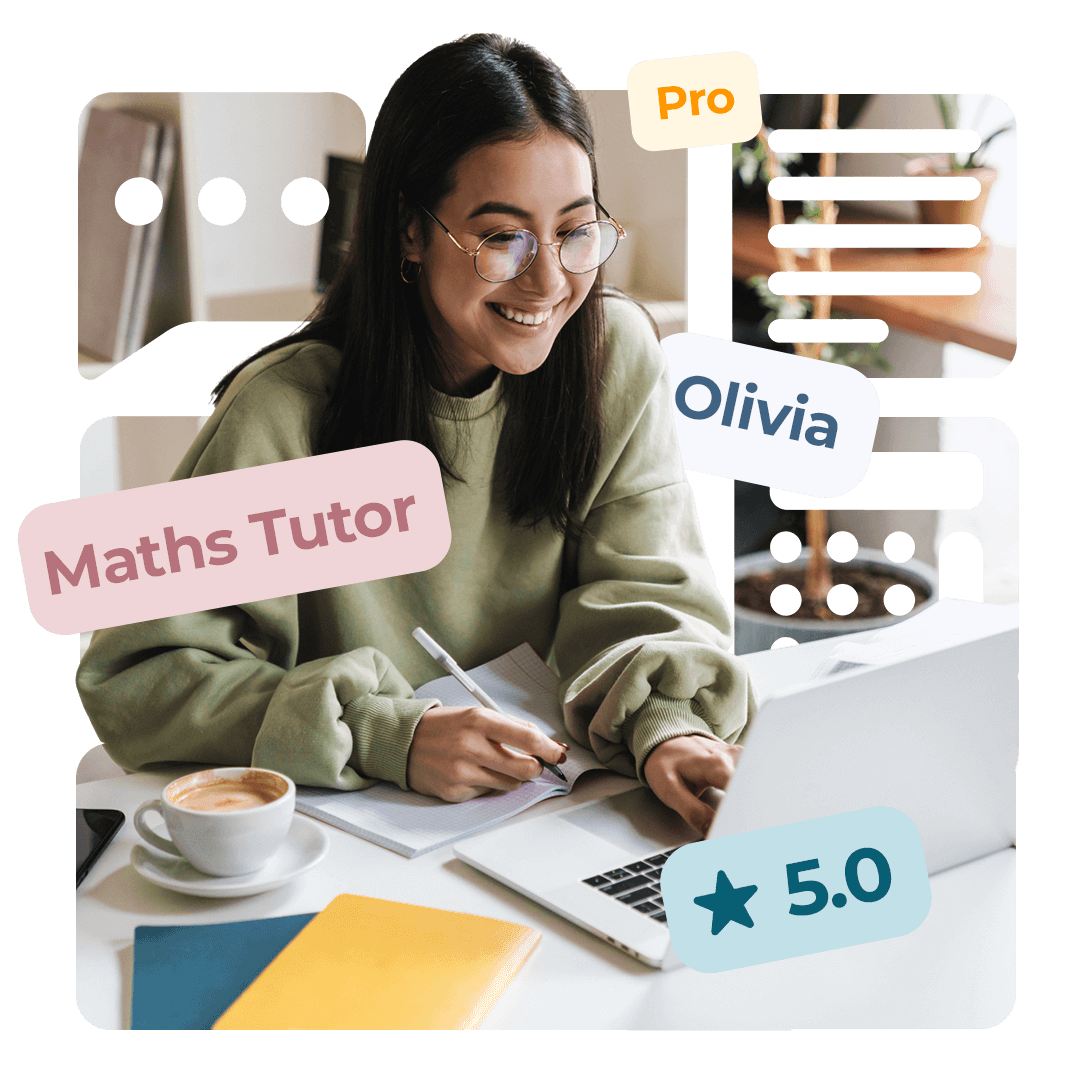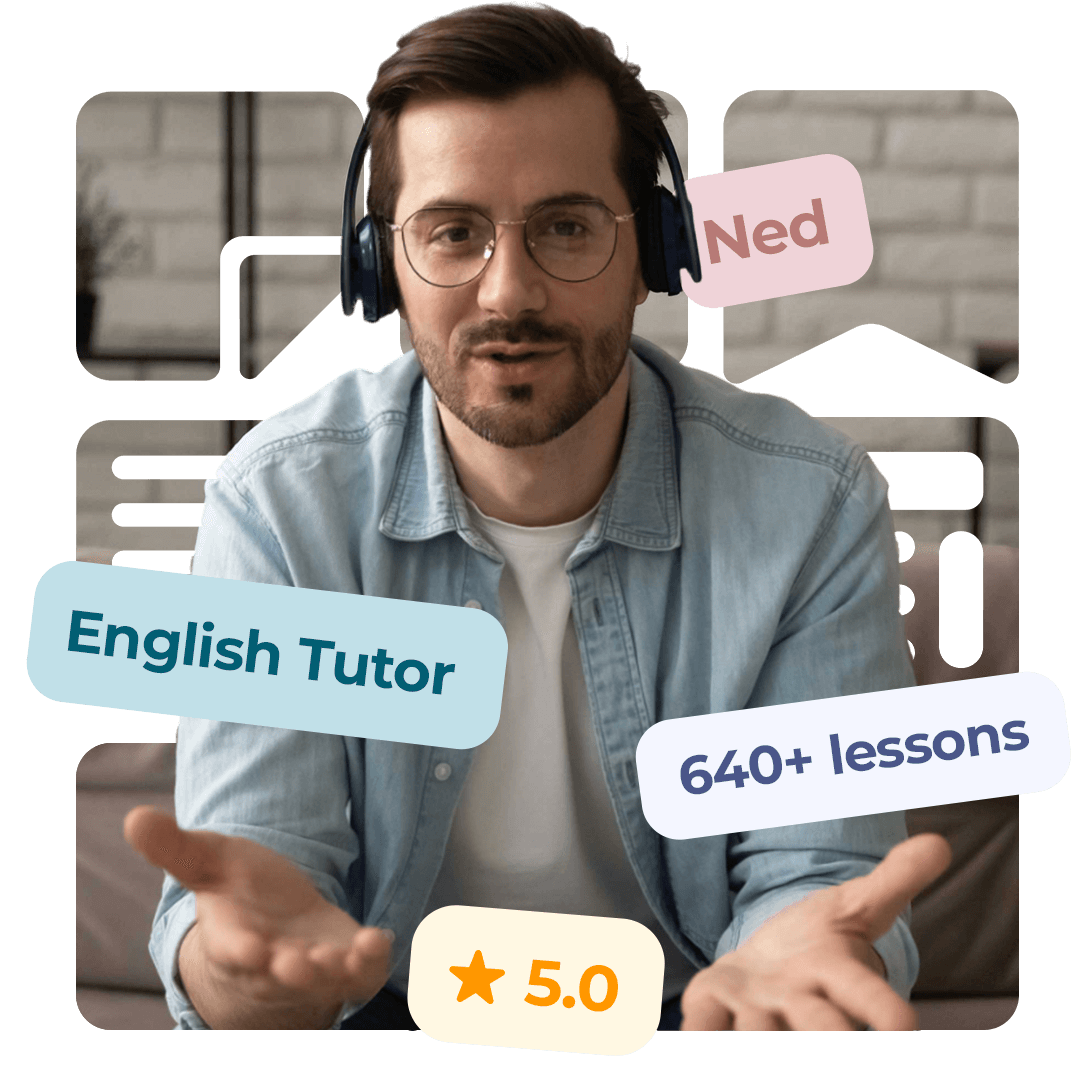After another year of AI being mainstream in Australian education, what do those on the ground really think? We asked...
READ MORETutor jobs
New!
UCAT tutoring helps students build confidence and control under exam pressure through structured, personalised guidance.
Learnmate connects families with verified, independent tutors who specialise in UCAT preparation across all test sections.
Flexible online and in-person lessons make it easy to fit tutoring around school and other commitments.
Transparent tutor profiles, reviews and hourly rates help you make informed choices that match your goals and budget.
Experienced tutors teach practical strategies for time management, reasoning and decision-making to help boost real exam performance.

UCAT tutoring has become a trusted pathway for students aiming to excel in the University Clinical Aptitude Test.
Many students feel overwhelmed by the UCAT. The lack of school support before it, the clock ticks, questions pile up, and confidence can slip away. In-person or online tutoring designed around the UCAT can provide the structure and support to turn that around.
Through clear guidance and personalised sessions from a UCAT tutor, students learn practical techniques, manage their time effectively and strengthen their reasoning skills. Each lesson builds understanding and confidence step by step.
Through our marketplace, families connect with independent tutors who bring expertise and experience directly to you. Tutors set their own rates based on their experience and qualifications, and they deliver tailored lessons, all facilitated by our platform’s secure profiles, reviews, messaging and payments.
With us, choosing an in-person or online UCAT tutor that supports academic growth is a streamlined process.
Ready to find your UCAT tutor?
Our platform offers flexibility in choosing your tutoring format to match your learning style.
Online tutoring connects you with knowledgeable tutors nationwide, whether you need a UCAT tutor, Chemistry tutor or something else. These sessions use interactive tools such as shared screens. Timed question walkthroughs and progress tracking help you improve your skills effectively. You can enhance your readiness with access to experienced educators and tools to track your improvement.
In-person tutoring provides similar, personalised guidance for UCAT test takers, letting you benefit from face-to-face interaction and local support. These tailored sessions mean discussing your unique challenges and honing your skills directly with an educator who understands your particular needs.
Every session is designed to fit around your workload and other commitments, helping you study consistently without feeling overwhelmed.
With expert guidance from a UCAT Decision Making tutor or one who focuses on a different aspect of the test, you’ll practise under realistic conditions, strengthen your understanding of each question type, and learn pacing strategies that help you manage time calmly and effectively on exam day.

Access top-quality education without breaking the bank. Tutors on Learnmate personalise lessons to meet your specific needs, going beyond scripted plans.
Choose between in-person and online sessions to fit your schedule and preferences, ensuring the best learning experience.
Each tutor brings proven expertise and a commitment to helping you thrive academically. Let their testimonials guide you in choosing the right match.

The UCAT tests skills critical for medicine, dentistry and clinical sciences.
Much like how preparing for the HSC without a tutor can seem challenging, tackling the UCAT solo can also appear daunting and like you’re going in blind. Support from reputable tutoring websites can help deconstruct complex areas into approachable topics.
The UCAT is divided into four separate subtests, each with its own time constraints:
A UCAT tutor helps you make more sense of the test. Together, you’ll break it into manageable parts and approach each study session with direction.
They will help you understand how each section works and show you how to approach questions with purpose. They demonstrate practical techniques for problem-solving and time management so you can stay accurate under pressure.
Instead of memorising content, you’ll learn how to think clearly, spot patterns, interpret data and make confident decisions. All UCAT practice sessions are tailored to your starting point and goals, helping you know what to expect on test day and how to perform at your best.
UCAT tutoring covers all five sections of the test: Verbal Reasoning, Decision Making, Quantitative Reasoning, Abstract Reasoning, and Situational Judgement. Tutors also help students develop time management strategies, improve test-taking techniques, and build overall confidence.
This depends on your goals, schedule, and current level of preparation. Some students meet once a week, while others benefit from more frequent sessions closer to their test date. Your tutor can help you design a study plan that suits your needs.
Yes-online tutoring can be just as effective, offering the same personalised support with added flexibility. Learnmate’s tutors are experienced in delivering engaging and interactive online lessons, so you can learn effectively no matter where you are.
Most students begin preparing several months before their test date, often starting in Year 12 or the end of Year 11. The earlier you begin, the more time you have to build familiarity with the question types and develop effective strategies.
Yes, many UCAT tutors are medical students or professionals who can offer insights into the application process, including interview preparation and portfolio advice.
You can either search for a UCAT tutor directly using Learnmate’s search, filtering by mode (online or in-person), rate, qualifications, or special needs experience — or post your needs on the Jobs Board to let tutors come to you.
To contact a tutor, simply click ‘Contact tutor’ on their profile and sign up. From your account, you can message tutors, manage your lessons, and purchase prepaid packages to save.
If you can’t find the right match, just click ‘Request a tutor’ and we’ll help you connect with someone within 1–2 business days.
Most students benefit from beginning UCAT tutoring 2–4 months before their test date. This allows enough time to build familiarity with each section, refine reasoning skills and develop strong time-management strategies. Some students start earlier for steady, low-pressure preparation, while others begin later for intensive revision — tutors adapt to either approach.
Yes. Many students seek help for specific areas like Abstract Reasoning, Quantitative Reasoning or Situational Judgement. Tutors can design targeted sessions focused solely on your weaker sections, offering strategies, pattern recognition training and section-specific timing methods to help you improve efficiently.
Absolutely. Many UCAT tutors incorporate timed mock exams, practice sets and walkthroughs using real-style questions. This helps you build stamina, develop pacing strategies and feel confident performing under realistic exam conditions. Tutors also review your results to pinpoint improvement areas and track progress.
Flexible lesson times around students’ schedules
With tutors who are industry professionals, high ATAR achievers and qualified teachers, you’re tapping into a wellspring of experience who can provide tutoring for Year 1 students, UCAT test takers, adult learners and much more.
Their backgrounds ensure they connect theory with practice, offering clarity on complex areas, including those examined by the UCAT. You’re learning from people who not only know the path but have successfully walked it.
Hourly rates are clearly listed, giving you control over financial choices
Every tutor sets their own rate based on their experience and qualifications. This rate is visible upfront on their profiles, making it straightforward to find suitable UCAT study support within your budget.
Thanks to this, you can align your financial and preparation goals without surprises.
A well-planned budget doesn’t mean settling for less. It means finding a top-notch tutor who fits your study plan for the UCAT exam. Many families appreciate the savings our platform offers, and it’s possible to save up to 50% more compared to traditional agencies, without sacrificing quality or effectiveness.
Detailed profiles, complete with reviews and qualification badges, help you feel confident in choosing the right option for your needs, whether it’s an HSC tutor or a UCAT Verbal Reasoning tutor. These features provide insights into a tutor’s track record, helping you start learning swiftly with peace of mind. Additionally, we streamline the logistics, like handling bookings and payments securely online.
With no lock-in commitments, you manage your schedule freely, adapting it to your dynamic lifestyle.
Sessions are personalised to enhance learning.
Whether you’re looking for intense guidance in one section of the UCAT or comprehensive UCAT mock exams across all of them, the path is yours to design. Customised plans meet you where you’re at and guide you to where you want to be.
Our platform connects you with tutors who specialise in UCAT coaching, focusing on developing skills like time management and reasoning essential for top exam performance. We offer the ease of direct search and selection based on detailed profiles, transparent pricing and genuine reviews.
Skip lengthy processes and get timely, expert tutoring that accelerates learning. Whether you’re after effective UCAT Abstract Reasoning practice or seeking a qualified Mandarin tutor, browse through tutor profiles today to find the right support for you.


Search our network of expert tutors or post a job on the board — we’ll help you connect directly with the right tutor for your learning goals.
After another year of AI being mainstream in Australian education, what do those on the ground really think? We asked...
READ MOREAI tools like ChatGPT, Gemini and Claude have swept through our offices, homes and classrooms with the force of a...
READ MORESo, you’ve decided to pursue a career in medicine or dentistry in Australia or New Zealand and now you’ve stumbled...
READ MORE